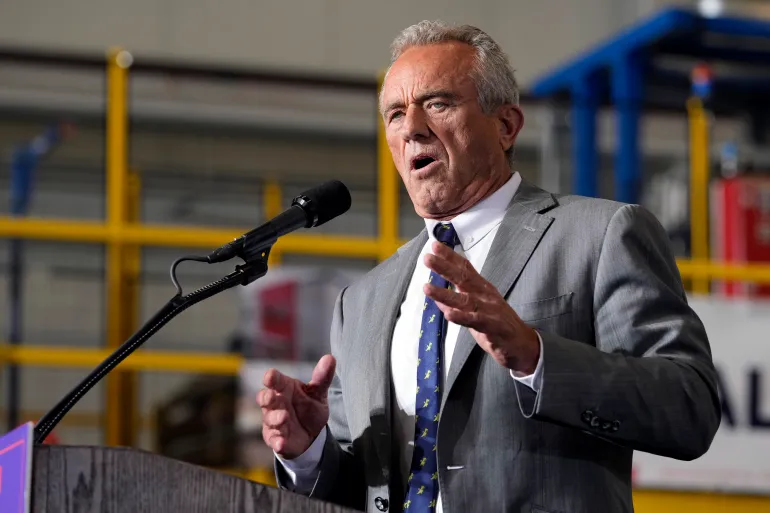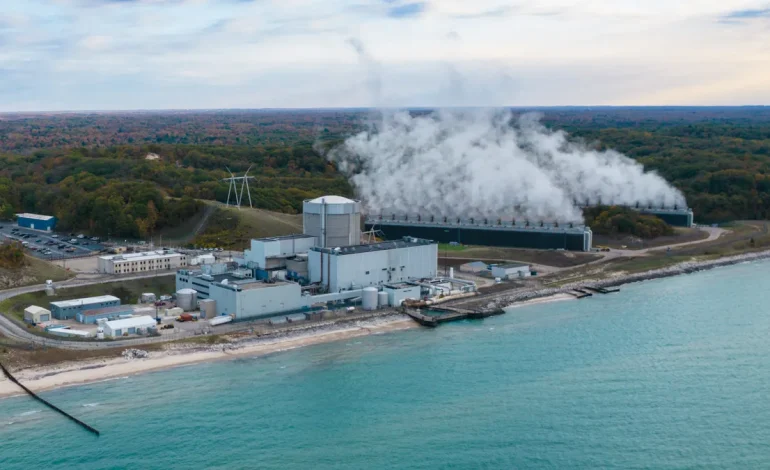In a significant development for the future of nuclear energy in the US, the Department of Energy (DOE) has announced a $1.5 billion loan to support the restart of the Palisades nuclear power plant in Michigan.
If successful, this would mark the first time a retired nuclear power plant in the US has been brought back into operation.
Located in Covert Township, Michigan, the 800-megawatt plant shut down in 2022. The DOE’s loan will help energy company Holtec International revive the site, which could generate enough electricity to power 800,000 homes once operational. Holtec aims to restart the plant by late 2025, contingent on regulatory approval from the Nuclear Regulatory Commission.
Nuclear energy advocates see this as part of a broader effort to promote cleaner energy alternatives to fossil fuels. Ali Zaidi, White House National Climate Advisor, described the project as a “powerful clean energy comeback story.” The Biden administration is banking on nuclear energy to help meet rising electricity demand while reducing carbon emissions.
However, not everyone is in favor of the plant’s revival. Some environmental justice groups have raised concerns about the risks associated with nuclear energy, including uranium mining and waste storage. A coalition of 115 organizations previously urged the DOE to reject funding for Palisades, citing potential risks to the environment and local communities.
Holtec plans to keep the plant operational until at least 2051, and the project is expected to create 600 union jobs. Along with the DOE loan, the US Department of Agriculture has announced $1.3 billion in grants to two rural electric cooperatives, Wolverine Power and Hoosier Energy, to help lower the cost of electricity from the revived plant and other renewable sources.
While the Palisades project could serve as a model for reviving other decommissioned plants, it faces potential delays and rising costs—common challenges in nuclear projects. If successful, the restart would also pave the way for Holtec’s future ambitions to deploy small modular reactors in Michigan.
With input from the Verge, the Register, and Utility Dive.









